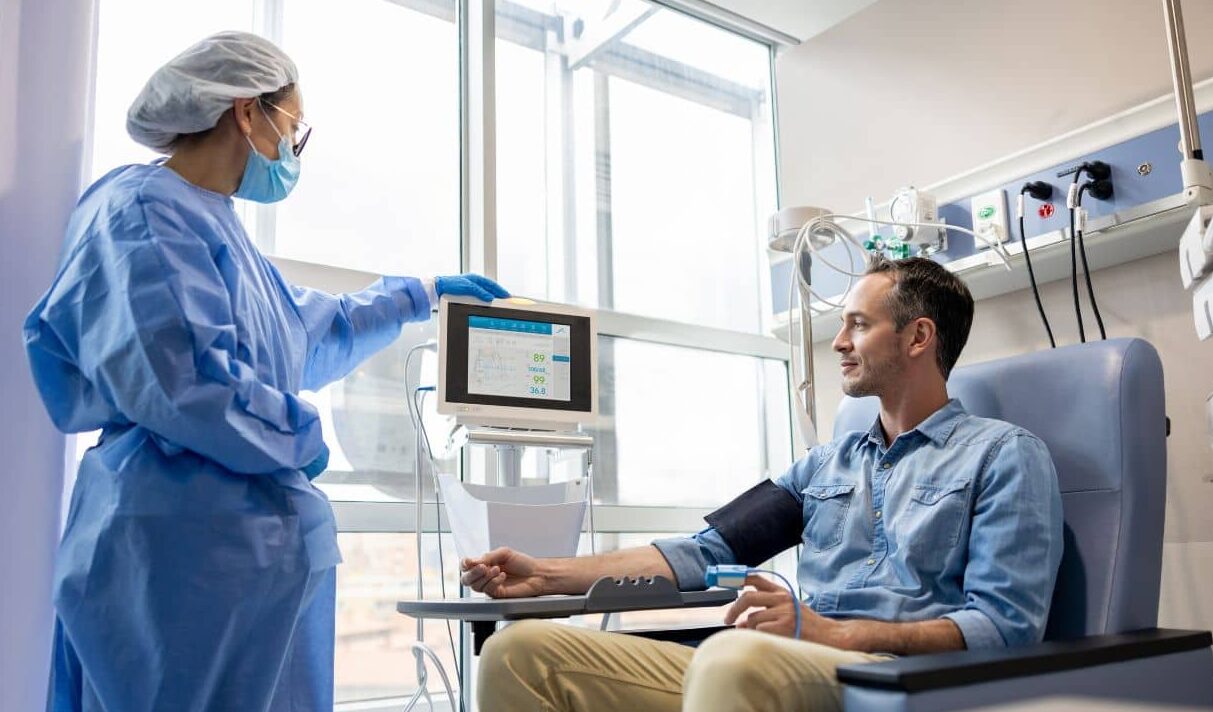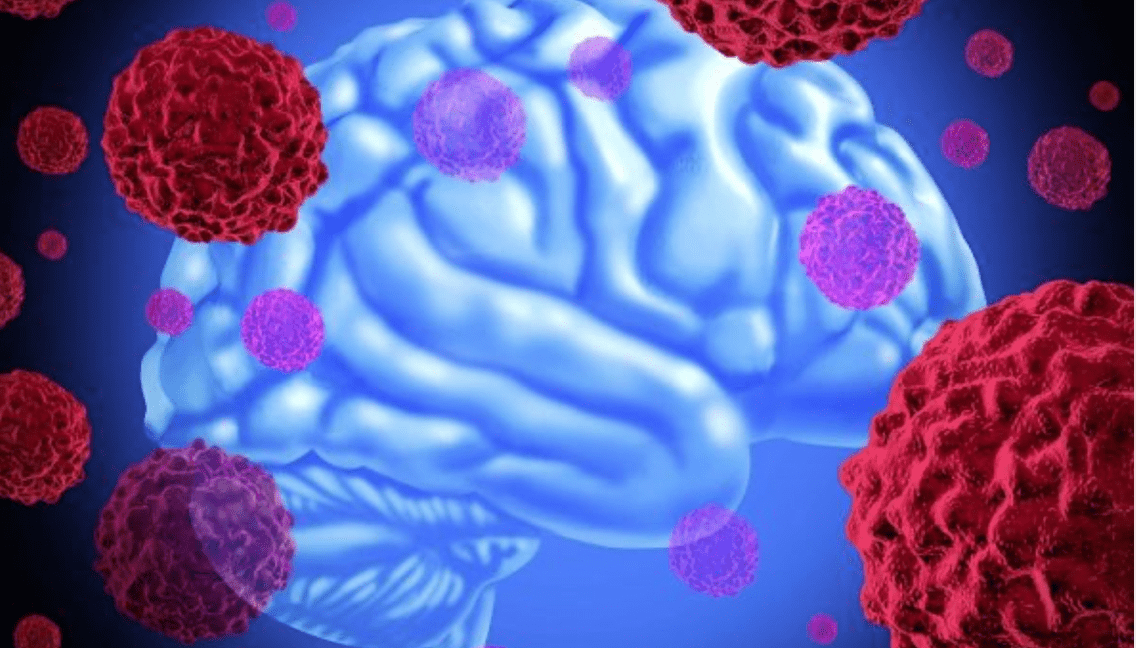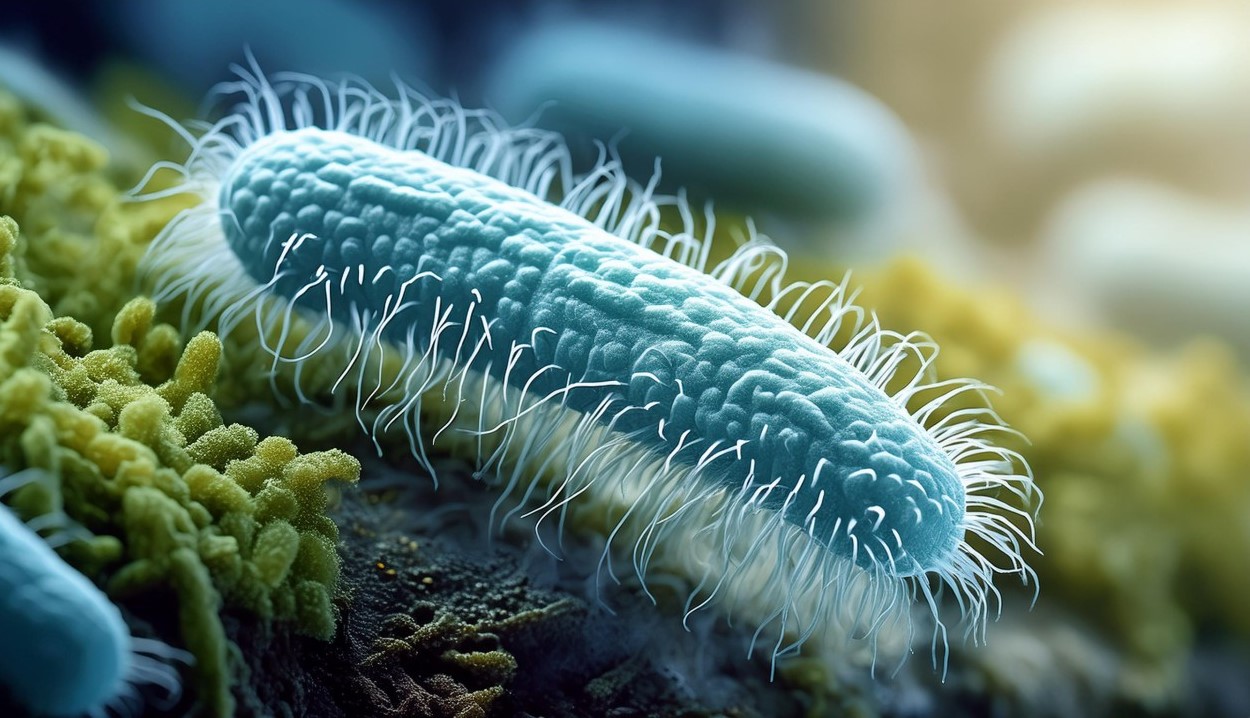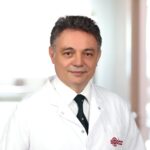-
 News
When glucose levels are low, chemotherapy ceases to affect cancer cells
News
When glucose levels are low, chemotherapy ceases to affect cancer cells
-
 News
Excessive treatment of prostate cancer in older men may reduce quality of life without increasing its duration
News
Excessive treatment of prostate cancer in older men may reduce quality of life without increasing its duration
-
 News
Brain cancer can be cured by viruses
News
Brain cancer can be cured by viruses
-
 News
Ways to reduce lymphatic pain in breast cancer have been found
News
Ways to reduce lymphatic pain in breast cancer have been found
-
 News
Scientists have turned bacteria into a powerful weapon against cancer
News
Scientists have turned bacteria into a powerful weapon against cancer
All news
Clinics for the treatment of oncological
Oncology is a branch of medicine that studies benign and malignant tumors. The main problems that are considered in this case are the causes of occurrence, diagnosis, treatment and prevention.
Much attention of oncologists is focused on malignant tumors. Malignant can be called those formations that have 3 signs
- Invasive growth (the growth of the tumor in other tissues and organs);
- Uncontrolled division;
- Ability to metastasize.
Basically, there are 4 grades of evaluation of the malignancy of tumors:
- G1 is a highly differentiated formation that partially performs the functions of normal cells;
- G2 is a moderately differentiated formation that preserves the structures that healthy cells have;
- G3-low-grade formation, it is possible to understand from which tissue it originates;
- G4-undifferentiated formation, has no distinctive features of an organ or tissue.
To assess the degree of differentiation of some entities, more detailed scales are used, but based on the same principle.
The name of a malignant tumor depends on the tissue from which it originates.
MedTour patients recommend clinics for the treatment of oncological:
Doctors for the treatment of oncology
all oncologists → Cem Dane
Gynecologist, Gynaecologic surgeon, Gynecological Oncologist
Admission fee:
To be clarified
Cem Dane
Gynecologist, Gynaecologic surgeon, Gynecological Oncologist
Admission fee:
To be clarified
 Aziz Kemal Emek
Surgeon, Oncological surgeon
Admission fee:
To be clarified
Aziz Kemal Emek
Surgeon, Oncological surgeon
Admission fee:
To be clarified
 Andreas Sesterhenn
Otolaryngologist, ENT surgeon, Oncological surgeon, Plastic and reconstructive surgeon
Admission fee:
To be clarified
Andreas Sesterhenn
Otolaryngologist, ENT surgeon, Oncological surgeon, Plastic and reconstructive surgeon
Admission fee:
To be clarified
Patient reviews
Good!
I want to share my experience with Liv Hospital, where I had a prostate removal surgery due to cancer. From the very beginning, everything was well-organized – the staff helped me with all arrangements, and the doctor explained everything in detail. The hospital itself is very modern and clean, which made me feel more comfortable.
The surgery went well, and I was surprised how fast I started recovering. Now, a few months later, I feel much better and my tests show good results. I’m really grateful to the doctors and nurses at Liv Hospital for their professionalism and care. If anyone is looking for high-quality prostate cancer treatment, I can definitely recommend this place.
Frequently Asked Questions
To a large extent, the risk factors depend on the type of neoplasm, but there are general principles:
- The presence of characteristic mutations that increase the risk of a particular malignant neoplasm;
- Heredity — the presence of a malignant formation in a first-line relative that occurred before the age of 60 years increases the patient’s risk of such a neoplasm
by an average of 30%, in both-by 50%; - Radiation therapy or radiation to the area of the tumor in the past;
- Infection with HPV and Epstein Barr viruses;
- Chronic trauma to an organ or tissue;
- Chronic inflammation of the damaged organ.
- In a special group, it is necessary to distinguish factors that are associated with lifestyle:
- Smoking;
- Alcohol abuse;
- Visiting a tanning salon and not using sunscreens;
- Overweight;
- Eating excessive amounts of red meat.
The symptoms of malignancy depend on the type of malignancy, however, the general principles are as follows. At the first and second A stages, malignancies are usually asymptomatic. They may be manifested by an increase in the size of an organ or part of the body, or by pain in rare cases.
In the later stages, the tumor begins to grow into the vessels and nerves, causing severe pain, bleeding and disrupting the function of the organ. At common stages, the entire body is involved in the process and the above symptoms are joined by
fever, weight loss, lack of appetite, pronounced weakness, multiple organ failure.
Solid tumors are called all dense formations, most often, it is cancer or sarcoma.
Also, to assess the danger of a tumor, there is the concept of the degree of differentiation of the tumor. The degree of differentiation is the degree of similarity with normal tissue that performs certain functions in the body and has a characteristic structure. If the degree of differentiation of cells decreases, the cells become more like stem or embryonic cells, and such a cell performs only the functions of nutrition and division, without bringing any benefit to the body.
- Cancer-occurs from epithelial tissue;
- Sarcoma-occurs from connective tissue, and since the properties of connective tissue differ slightly depending on the organ, the name can sound like lifosarcoma, angiosarcoma (from the connective tissue of blood vessels), osteosarcoma (from
the connective tissue of bones), myosarcoma (from the connective tissue of muscles); - Hemoblastosis is a malignant tumor of the constituent elements of the blood.
- Overall survival rate — how long a person will live from the moment of diagnosis;
- Relapse-free survival — how long will it take from the time of radical treatment
(complete removal of the tumor in accordance with the principles of treatment of
malignant tumors) to the appearance of signs of the disease; - Quality of life of the patient.
The side effects of chemotherapy are reduced by proper accompanying therapy:
- Installations that cool the scalp to prevent hair loss;
- Antiemetic, antidiarrheal, and sedative medications;
- Steroid anti-inflammatory drugs;
- Detoxification therapy.
- There are world centers for the treatment of certain oncological diseases, the survival rate in which is much higher than the average;
- Technical equipment: da Vinci robot for surgery, proton therapy instead of standard radiation therapy, 3D visualization for diagnosis, and so on. These techniques contribute to a more successful and less traumatic treatment of cancer;
- A multidisciplinary approach consisting of a clinical oncologist, a surgeon, a radiation therapist, a narrow specialist, for example, a neurologist or urologist, and a rehabilitologist contribute to the most correct and complete treatment.
What are the modern methods of diagnosis and treatment of oncological diseases abroad?
Diagnostics
- Ultrasound-the primary diagnostic method for many tumors, allows you to suspect a malignant neoplasm and find out its size;
- X-ray is also a method of primary diagnosis, malignant tumors are often accidental findings when performing an X-ray for another reason;
- Mammography is a radiation method that is used for screening the breast and for imaging a breast tumor if it is present;
- CT with intravenous contrast-usually performed in 3 areas (abdominal cavity, chest and pelvis, sometimes if necessary, performed and brain CT) — gives a complete picture of the size and location of the tumor and the presence of metastases in other organs or lymph nodes;
- MRI with intravenous contrast-performs the same function as CT, but better
visualizes bone and nerve structures, also gives more accurate information about the involvement of blood vessels in the process, so it can be prescribed together with CT, but MRI is usually performed only for the affected area; - PET-CT of the whole body-is performed to search for metastases in atypical
places, this is relatively often used in foreign clinics compared to domestic ones; - Scintigraphy — a radiation method that allows you to determine metastases in the bones;
- A biopsy is the taking of a part of the tumor material to study and establish an
oncological diagnosis, as well as to determine the properties of the tumor. After that, the prognosis and treatment plan become clear. At the same time, the taken material is necessarily studied under a microscope, but in most cases in foreign clinics it is also studied for specific mutations and other features of the tumor for the purpose of specific therapy; - Dermatoscopy-examination of the skin at high magnification that allows you to reliably assume the presence of malignant formations on the surface of the skin.
Types of biopsy:
- Cytological – when cells are taken to establish a diagnosis by taking a very small amount of material or scraping;
- Histological — when a piece of tissue is taken to establish the diagnosis;
- The oncological diagnosis is made only on the basis of the biopsy result.
Treatment
Surgical method
The main method of treatment of most malignancies is surgical. Surgical treatment can be performed:
- In an open way;
- Laparoscopically-through several small incisions in the abdominal cavity;
- Thoracoscopic — through small incisions in the chest wall;
- Arthroscopically-through a small incision to access the joint;
- Endoscopically-through natural openings.
To remove a malignant neoplasm, it is important to remove the formation
completely, without leaving abnormal cells in the body, often in order to reduce the risk of re-occurrence of the disease, it is necessary to remove the organ completely, remove the lymph nodes or nearby blood vessels.
Chemotherapy
The second most important method is chemotherapy. It is necessary to reduce the risk of signs of the disease after surgical removal of the tumor, reduce the size of the tumor, and prevent the appearance and growth of metastases.
Radiation therapy
Radiation therapy-often used in combination with chemotherapy. It is very
effective for reducing the size of the tumor and reducing pain. However, there are limitations on the dosage of radiation therapy, which is relatively safe for the patient. For high-end linear accelerators, this dosage is higher.
Targeted therapy
Targeted therapies are drugs that target certain mutations or other molecular
features of a tumor. Such therapy is more effective and less toxic than non-specific treatment. However, in order for such therapy to be properly prescribed, it is usually necessary to conduct a molecular genetic study of the tumor material.
Immunotherapy
Immunotherapy is a therapy aimed at destroying tumor cells with the help of the patient`s own immunity. To prescribe such therapy, specific studies of the tumor are also required, since it is not effective in all cases.
Published:
Updated:


Information on this webpage verified by the medical expert






Does Ralf buhl also remove brain lipomas?